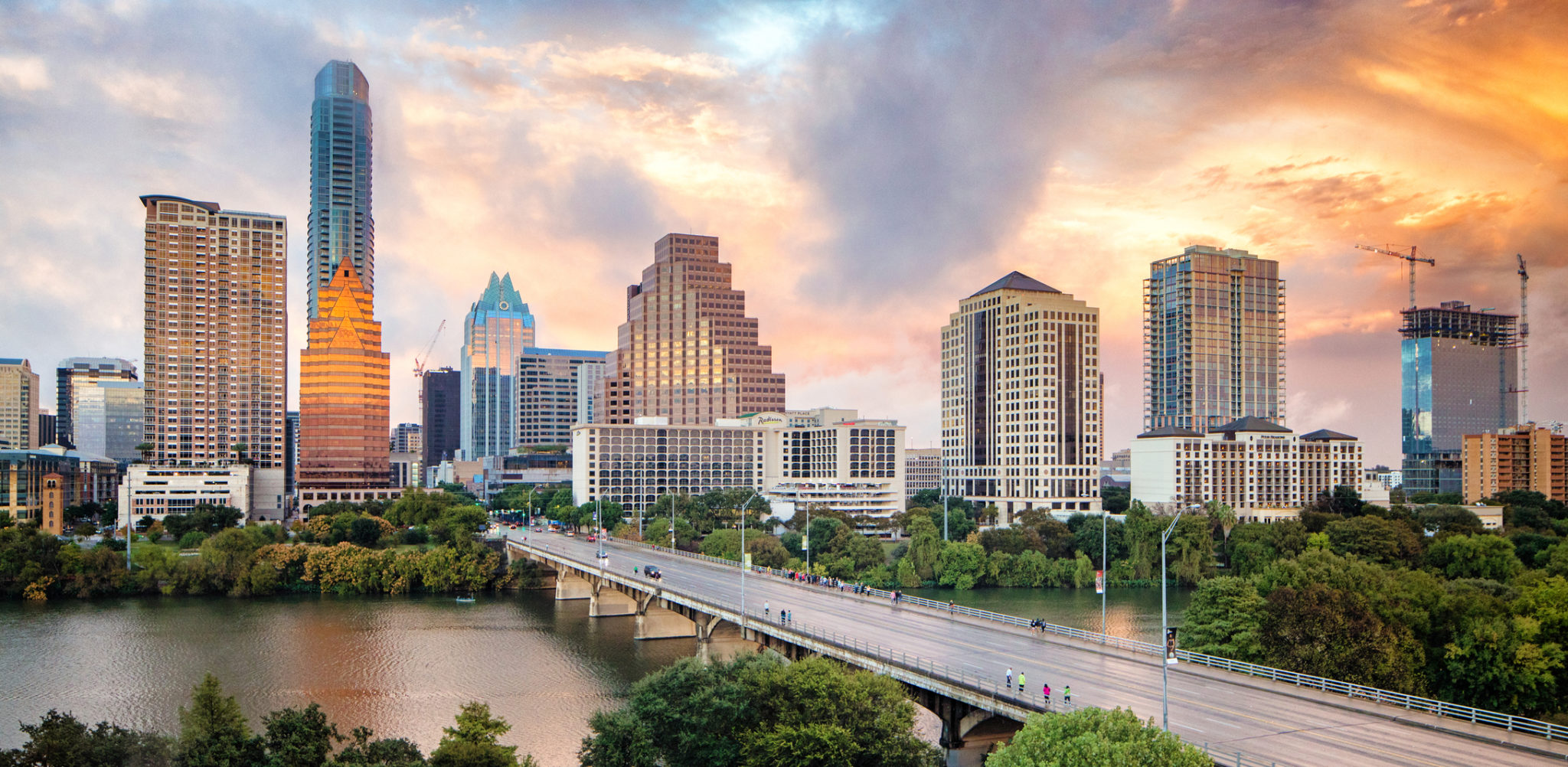Austin, Texas, is known for music festivals, a booming tech industry and progressive politics in a conservative state. By 2022, it may also be the US city with the least affordable housing outside of California. Now, it’s addressing rising inequality by piloting a guaranteed basic income program.
In late August, the city passed a budget that included $1.1 million for the pilot—a sum that will be distributed between around 100 households, in increments of around $1,000 per month. While the details are not yet finalized, advocates are hopeful that it’s a step toward addressing the housing crisis—and also affecting meaningful change for people who use drugs.
Cate Graziani, the co-executive director of the Texas Harm Reduction Alliance, said that inability to pay is the main barrier for Austin residents without a steady income who try to access methadone, the gold-standard medication for opioid use disorder. The state of Texas has refused to expand Medicaid to cover methadone programs, and county-funded medical assistance programs only cover buprenorphine, not methadone.
“A few hundred a month would help them access their methadone treatment.”
“So if you want methadone, and you don’t have private insurance you can’t access methadone,” Graziani told Filter. “But, methadone is affordable. If there were a guaranteed income pilot, a few hundred a month would help them access their methadone treatment.”
The city budget also includes investment in housing for people who have been chronically unhoused, as the Austin continues to fail to meet its affordable housing goals and an estimated 3,000 people live on the streets. The city is rolling out a number of other initiatives and projects to address the harms of inequality.
Organizers and advocates in the city have already seen the impact of direct payments to people with low incomes, especially those who are chronically unhoused. In 2020, the Austin’s Relief in a State of Emergency program provided direct payments of $2,000 to people in need.
The Other Ones Foundation supports Austin’s unhoused people through initiatives including an alternative work program—enabling participants to work in their community for $15 an hour—plus transportation, food and case management for people who want it. The nonprofit has helped more than 90 people transition into stable housing.
“One of the key successes of the program is how low-barrier it is,” Max Moscoe, the foundation’s communications manager, told Filter. The program doesn’t restrict how participants spend their wages, “even if it’s used for things that are currently stigmatized, like drugs.”
Alongside financial support and affordable housing, local advocates say residents need further legislative changes—including changes related to drug use, like decriminalizing paraphernalia and possession, implementing more harm reduction services and a “Good Samaritan” law to prevent prosecution of people who call emergency services to report an overdose. Yet recent legislation in the city criminalized symptoms of poverty, like panhandling and encampments.
“Across the board, people need financial support right now,” Graziani said. “People who use drugs are no different. Guaranteed income is a great place to start.”
Photograph via City of Austin





Show Comments